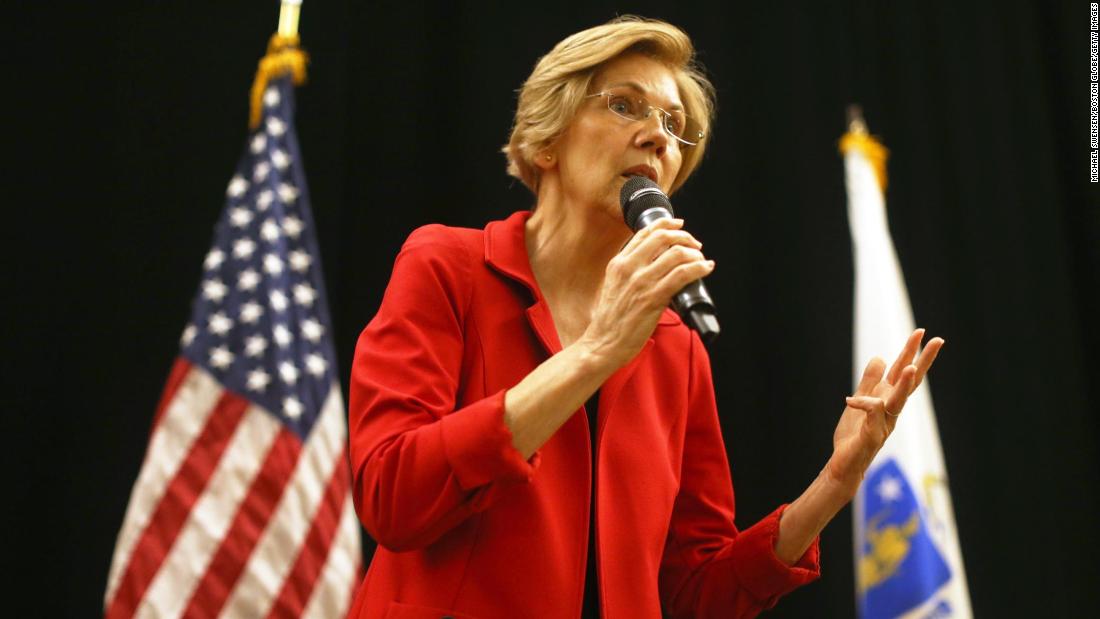
Number of the week: The Massachusetts secretary of state certified the state's US Senate election results this week and found that Democratic Sen. Elizabeth Warren defeated Republican Geoff Diehl by 24 points.
What's the point: Warren's margin may sound impressive, until you realize Hillary Clinton won Massachusetts by 27 points in 2016. Clinton won by 3 more points than Warren, despite 2018 being a better year for Democrats nationally and Warren having the advantage of incumbency.
Warren's performance in 2018 was one of the weakest for a Democratic Senate candidate. I created a simple statistical formula explaining the results of the 34 Senate races with at least one Democrat (or independent who caucuses with the Democrats) and one Republican. Controlling for a state's weighted average partisanship and incumbency, Warren's performance was the sixth worst of all Democrats. She did 7 points worse than expected. (For comparison, Minnesota Sen. Amy Klobuchar and Vermont Sen. Bernie Sanders outperformed their baselines by 9 and 12 points respectively.)
It's not the only bad number for Warren published this week. A UMass/YouGov study of Massachusetts Democrats and Democratic-leaning independents finds former Vice President Joe Biden at 19% to Sanders' 14% to Warren's 11% in a hypothetical Democratic presidential primary. A large 27% answered "don't know." YouGov's polling does not meet CNN's standards because it doesn't use probability sampling.
Of course, it's very early in the 2020 Democratic primary process, which is probably why 27% of Massachusetts Democrats don't know who they support.
Yet you would think that candidates who just ran major statewide races in their home states would be favorites in their home states. In this case, Warren isn't only not in first place, but she's also not even in second place. A full 89% of Massachusetts Democrats are not behind her at this point.
The lack of home state love should, in theory, be worrisome for Warren. These are the voters who know her best. If she is underperforming with them, then it follows that she may do worse than expected when exposed more fully to Democrats nationally.
Even this early, eventual nominees are usually winning in hypothetical primary polling in their home states. Ronald Reagan was winning among California Republicans in 1980, Bill Clinton was winning among Arkansas Democrats in 1992, Bob Dole was crushing the field among Kansas Republicans in 1996 and the list goes on. The one poll taken this year of a hypothetical 2020 Delaware Democratic presidential primary had Biden ahead by nearly 40 points.
One of the first signs that Sanders was going to perform better in 2016 than early national polling indicated was that he was beating Clinton in 2014 Vermont polling. This was when he was stuck in the single digits nationally.
On the other hand, one of the reasons that I thought Martin O'Malley was going to be weak in 2016 was because he was polling at just 3% among Maryland Democrats. O'Malley never made it past the Iowa caucuses.
I wouldn't dare argue that Warren is on the same low level that O'Malley was in 2016. For one thing, she's polling better nationally than he ever was. Warren hit 8% in a CNN national poll in October.
Yet even the national polling has a bit of a warning sign for Warren. Back in September, she had the highest unfavorable among Democrats (and Democratic-leaning independents) of the six 2020 Democratic candidates tested by CNN. Now that was still fairly low, at 13%. We shouldn't overread that it's the highest. Still, her unfavorable rating was higher than Biden's (7%) or Sanders' (10%), even though 20 to 30 points more Democrats were able to form opinions of them than of her.
The bottom line is there is a preponderance of evidence to suggest that Warren may have some trouble connecting with Democrats if she decides to run. None of it, however, is close to disqualifying at this point.
Bagikan Berita Ini














0 Response to "Some 2020 warning signs Elizabeth Warren needs to pay attention to -- stat"
Post a Comment